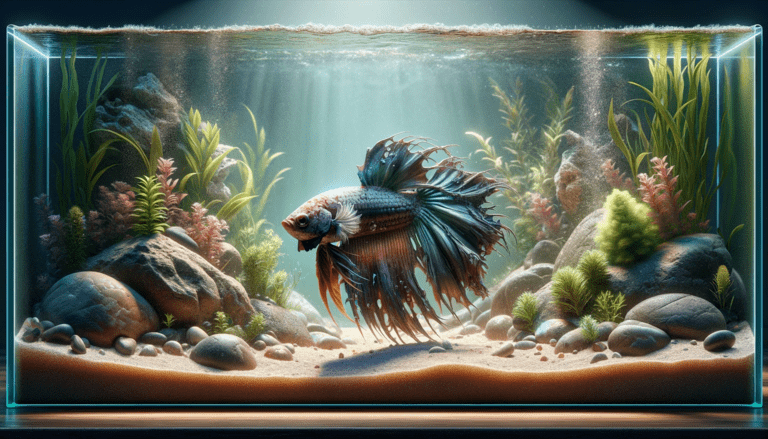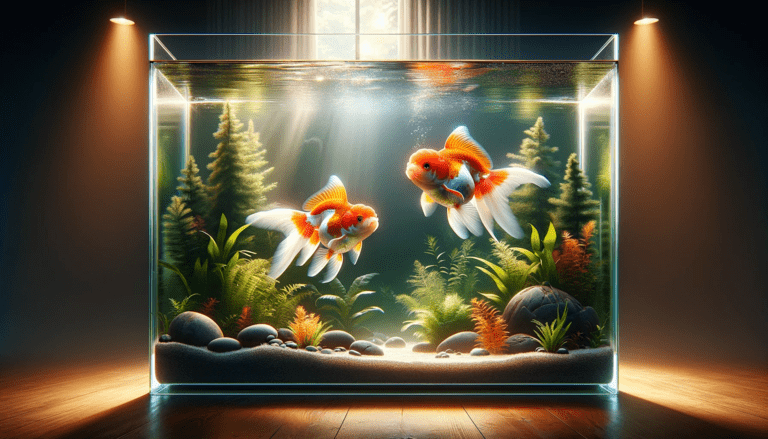Betta fish, also known as Siamese fighting fish, are a popular choice for aquarium enthusiasts. Their vibrant colors and unique personalities make them a fascinating addition to any home aquarium. However, a common question among betta owners, especially those new to fish keeping, is about their feeding requirements. Specifically, many wonder: How long can a betta fish survive without food?
Understanding Betta Fish Feeding Needs
Betta fish are known for their resilience and can survive in less-than-ideal conditions. However, this doesn’t mean they should be subjected to them. In the wild, bettas are opportunistic feeders, eating whenever they find food. Their diet consists primarily of insects and insect larvae.
In captivity, bettas are often fed specially formulated betta pellets, which provide a balanced diet. They can also enjoy the occasional treat of live or frozen foods like brine shrimp or bloodworms.
The Survival Time Without Food
So, how long can a betta fish go without eating? Under normal circumstances, a healthy betta fish can survive for up to two weeks without food. However, this is not ideal and can stress the fish, potentially leading to health issues. Younger bettas or those with health concerns may not survive as long without food.
It’s crucial to understand that while bettas can survive for extended periods without food, this can lead to a weakened immune system, making them more susceptible to diseases.
Factors Influencing Survival Without Food
Several factors can influence how long a betta can survive without eating. These include:
- Age and Health: Younger and healthier bettas are more resilient compared to older or ailing ones.
- Water Quality: Good water quality is essential for the health of your betta. Poor water conditions can stress your fish, reducing its survival time without food.
- Temperature: Betta fish thrive in warmer water (between 76 and 81 degrees Fahrenheit). Lower temperatures can slow down their metabolism, which might help them survive longer without food, but it’s not a healthy practice. here is a detailed blog on the Betta Fish tank temperature.
What to Do If You Can’t Feed Your Betta
If you know you won’t be able to feed your betta for an extended period, there are a few things you can do:
- Automatic Fish Feeders: These devices can be programmed to feed your fish at regular intervals.
- Ask Someone to Feed Your Betta: A friend or a pet sitter can help by feeding your betta in your absence.
Conclusion
While betta fish can survive for a period without food, it’s crucial to maintain regular feeding schedules for their health and well-being. Understanding their dietary needs and factors affecting their survival without food can help you take better care of your aquatic pet. Remember, a healthy betta is a happy betta! Explore our comprehensive Betta Fish Guide for detailed insights into betta fish care.
FAQs on Betta Fish Feeding
Q: Can bettas overeat?
A: Yes, bettas can overeat, leading to health issues like bloating. It’s important to feed them the right amount.
Q: How often should bettas be fed?
A: Ideally, bettas should be fed once or twice a day, with the amount they can consume in two minutes.
Q: Are there any special dietary requirements for bettas?
A: Betta fish are carnivorous and require a protein-rich diet. Special betta pellets are formulated to meet their nutritional needs.
Q: What happens if a betta goes without food for too long?
A: Prolonged periods without food can lead to health issues such as weakened immunity and, in extreme cases, death.



